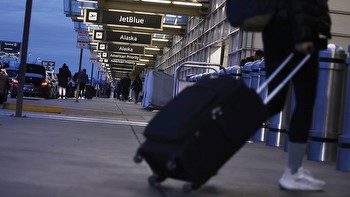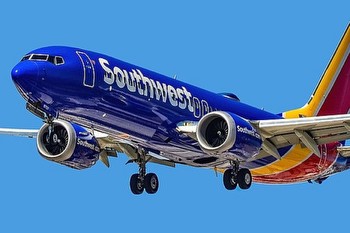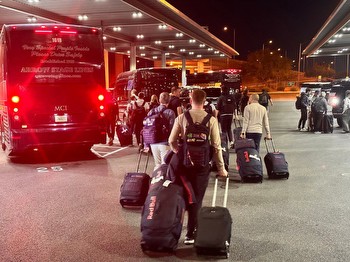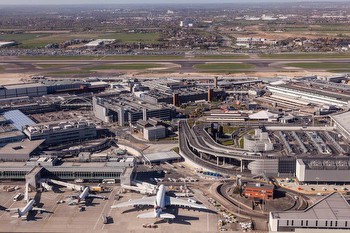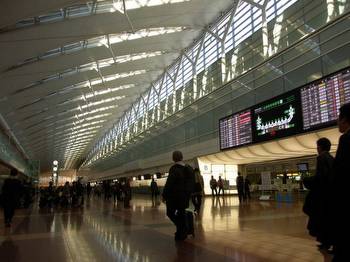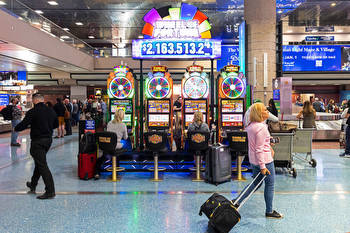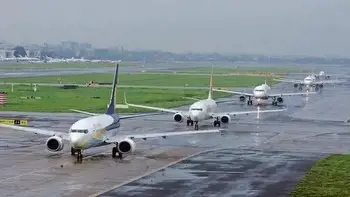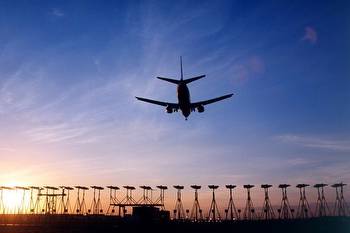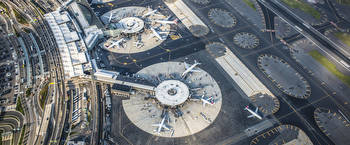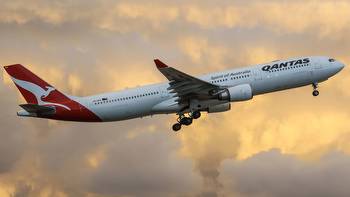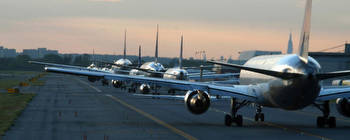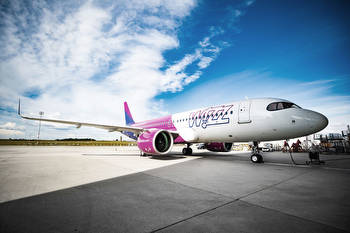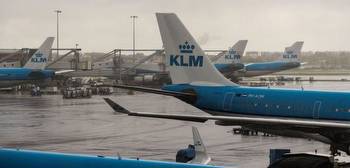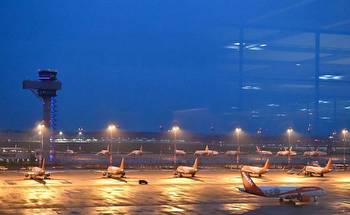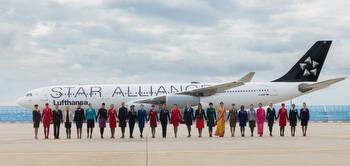U.S. Extends Slot Waiver Protection For Legacy Carriers

Bad news if you are a consumer: the U.S. Federal Aviation Administration has extended its “use it or lose it” slot requirements waiver into autumn 2022, giving airlines much more flexibility in their spring and summer international schedules. These slot waivers will result in higher airfare.
International Slot Waiver Protection Continues Through Summer 2022 At Major U.S. Airports
Big airlines will keep their valuable international takeoff and landing slots thanks to the extension of a pandemic-era weaver from the FAA. Traditionally, airlines were required to use 80% of their takeoff and landing slots at slot-controlled airlines or lose them. Those airports included:
- New York Kennedy (JFK)
- New York LaGuardia (LGA)
- Washington National – Reagan (DCA)
But this was waived during the pandemic, bowing to outcry from airlines that it would be forced to operate costly “ghost” flights in order to maintain their slots that would not have any passengers.
Since March 2020, the slot waivers have been extended four times.
The latest move from the FAA impacts international flights only and was courted not only by U.S. legacy carriers American Airlines, Delta Air Lines, and United Airlines, but also by Lufthansa and British Airways. Practically, carriers can cut back schedules from these airports without risking losing their slots through October 29, 2022.
The move also relaxes flight oversight in:
- Chicago O’Hare (ORD)
- Los Angeles (LAX)
- Newark (EWR)
- San Francisco (SFO)
Those airports are not slot controlled, but the FAA exercises a formal schedule review process, which will now be relaxed.
The FAA noted:
“Based on global vaccination rates, changing infection rates and the threat of new virus strains, continued unpredictability of travel restrictions, and the disparity between demand for domestic air travel and demand for international air travel, extending the current limited, conditional waiver for international operations by all carriers, is reasonable.”
The move was not supported by those without slots or who desire more slots, like budget carriers Frontier and Spirit. Those carriers, which also hope to merge, would like to increase flights and argue that protecting incumbent carriers is bad for consumers.
They are right, to a degree. This waiver frees airlines to cut back schedules, which will push already-high airfare even higher. I’ve seen nothing but booming transatlantic demand and fear this move will result in further price hikes and potential schedule reductions. Service to Asia is limited from New York JFK and non-existent from LaGuardia or Reagan, so this is not an issue of dealing with the lack of demand for Asian traffic.
CONCLUSION
The latest FAA slot waiver hands more flexibility to incumbent carriers. Expect higher airfare even if airlines end up operating their full schedules because they now have the option of consolidating flights if their higher airfare leaves too many open seats.








